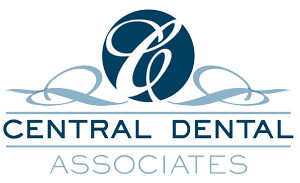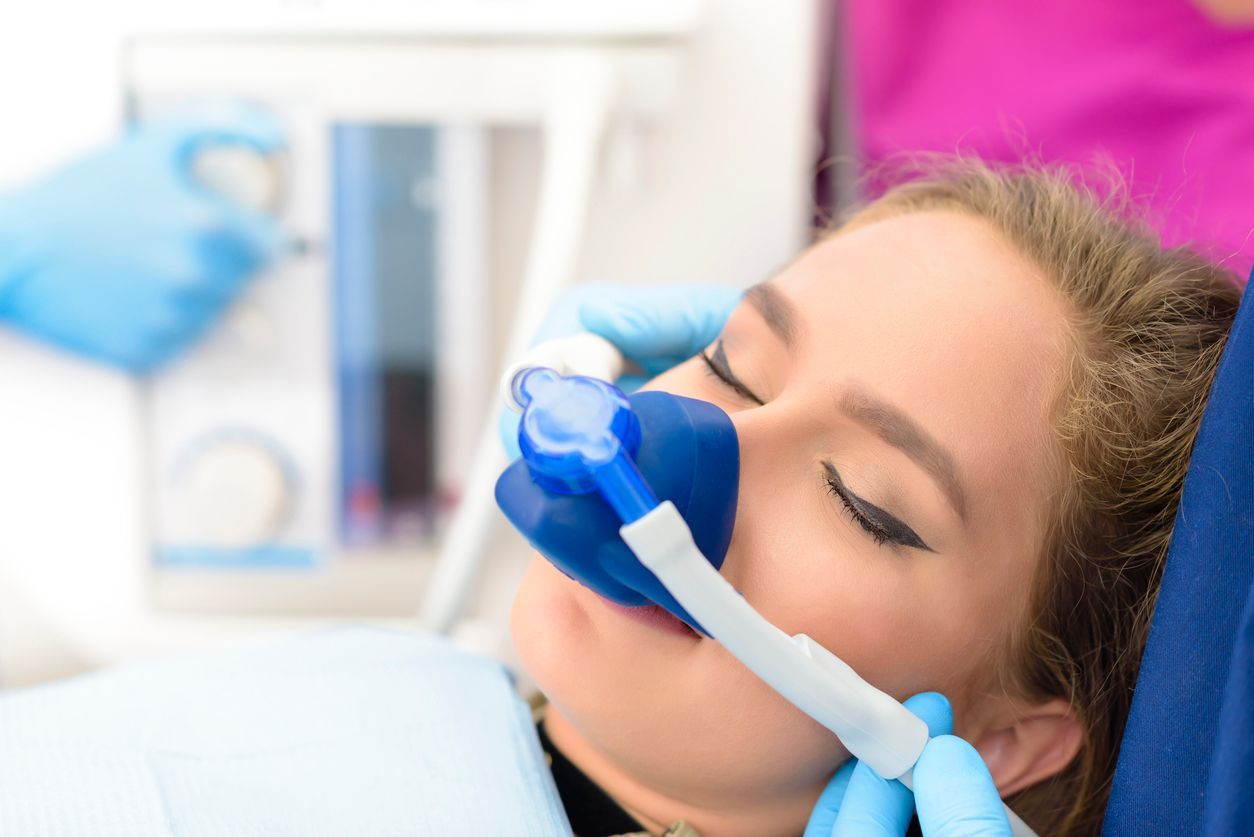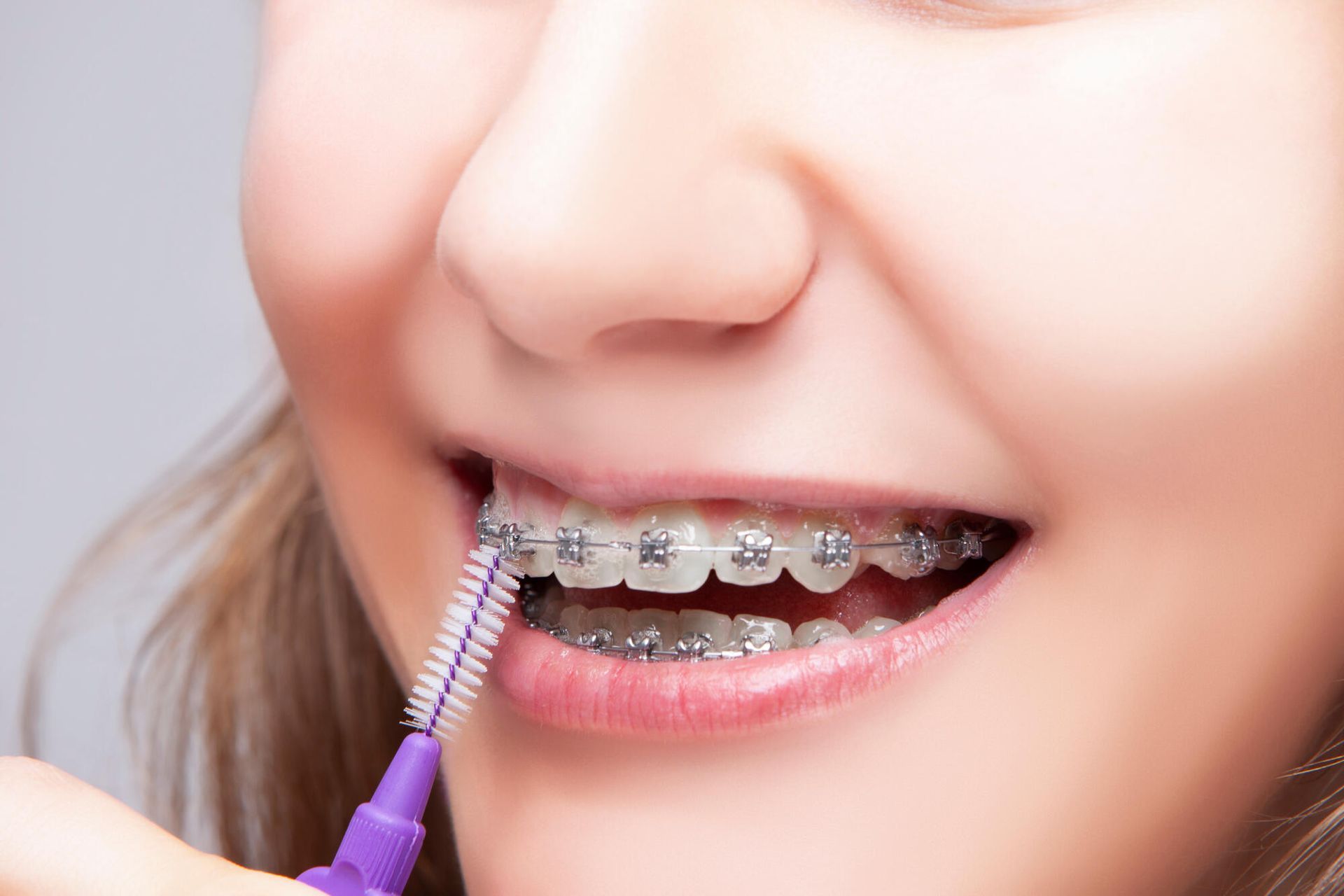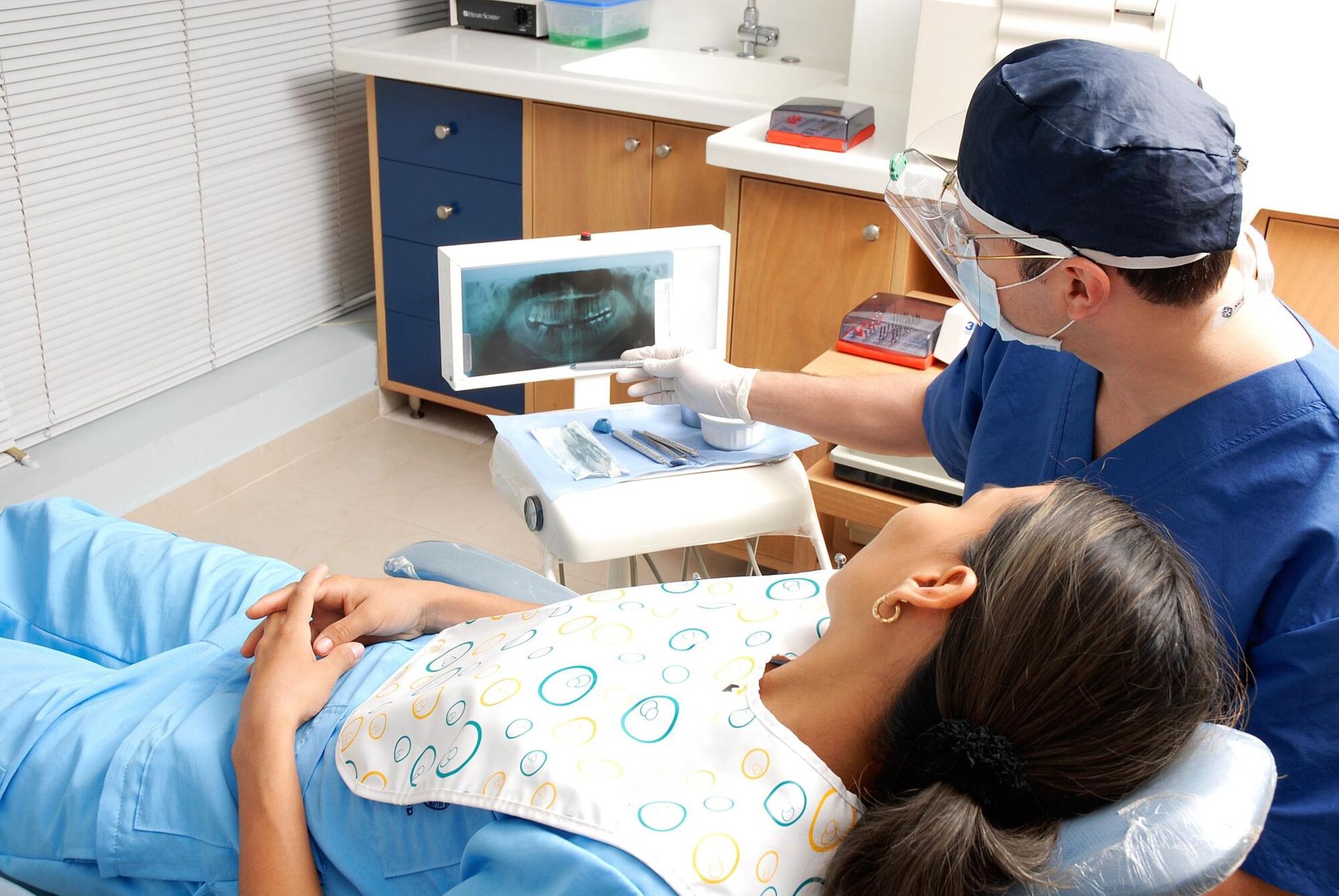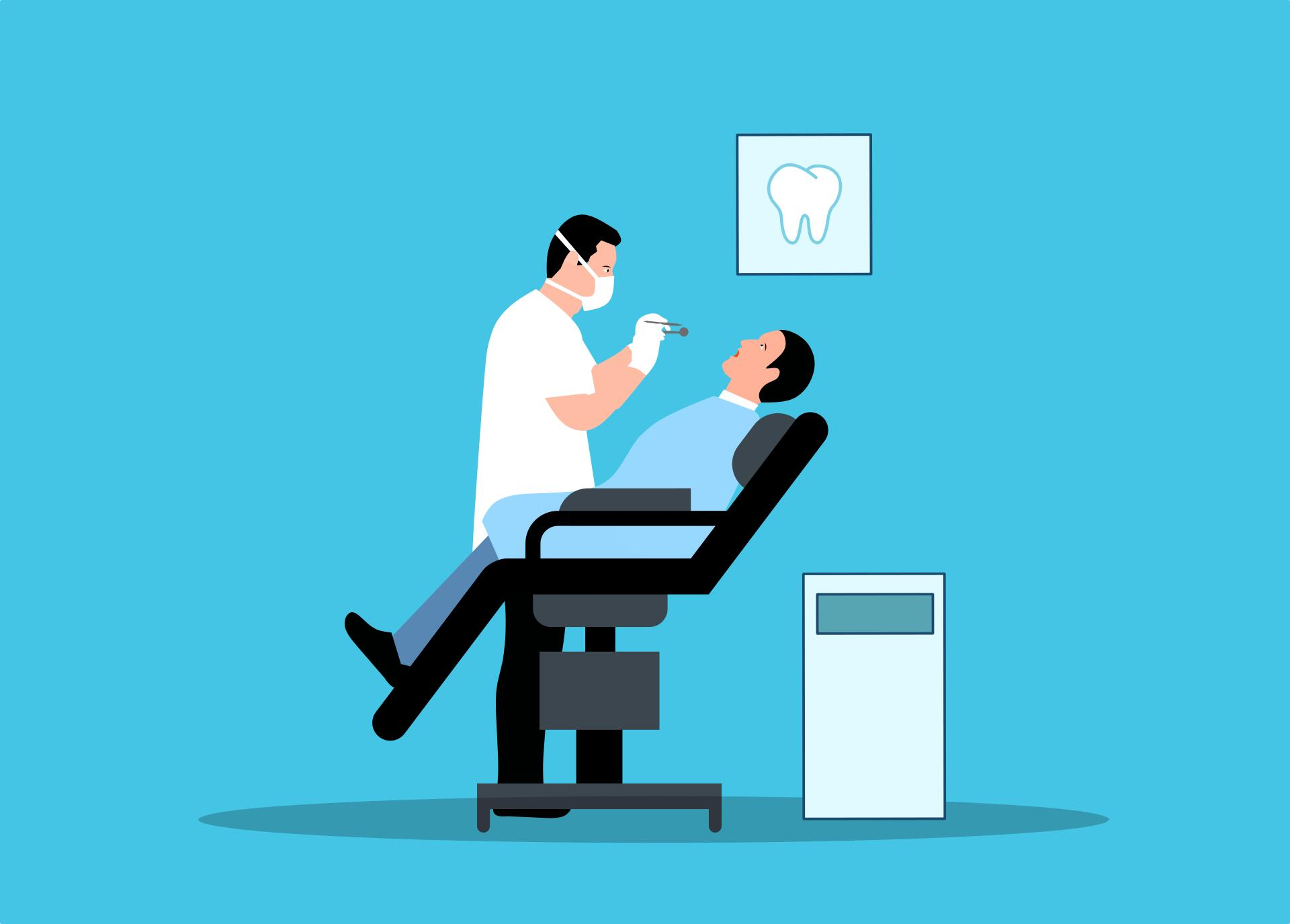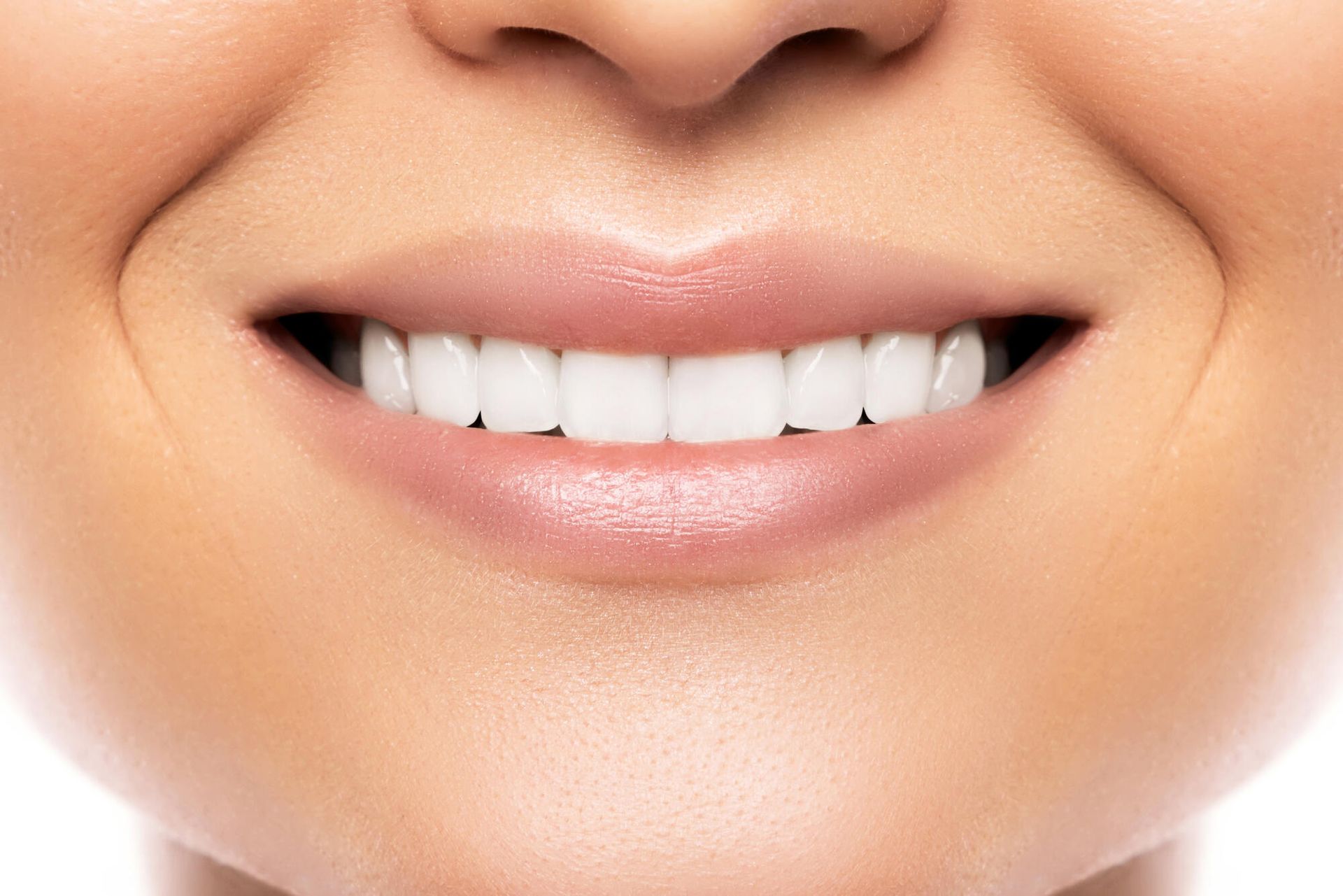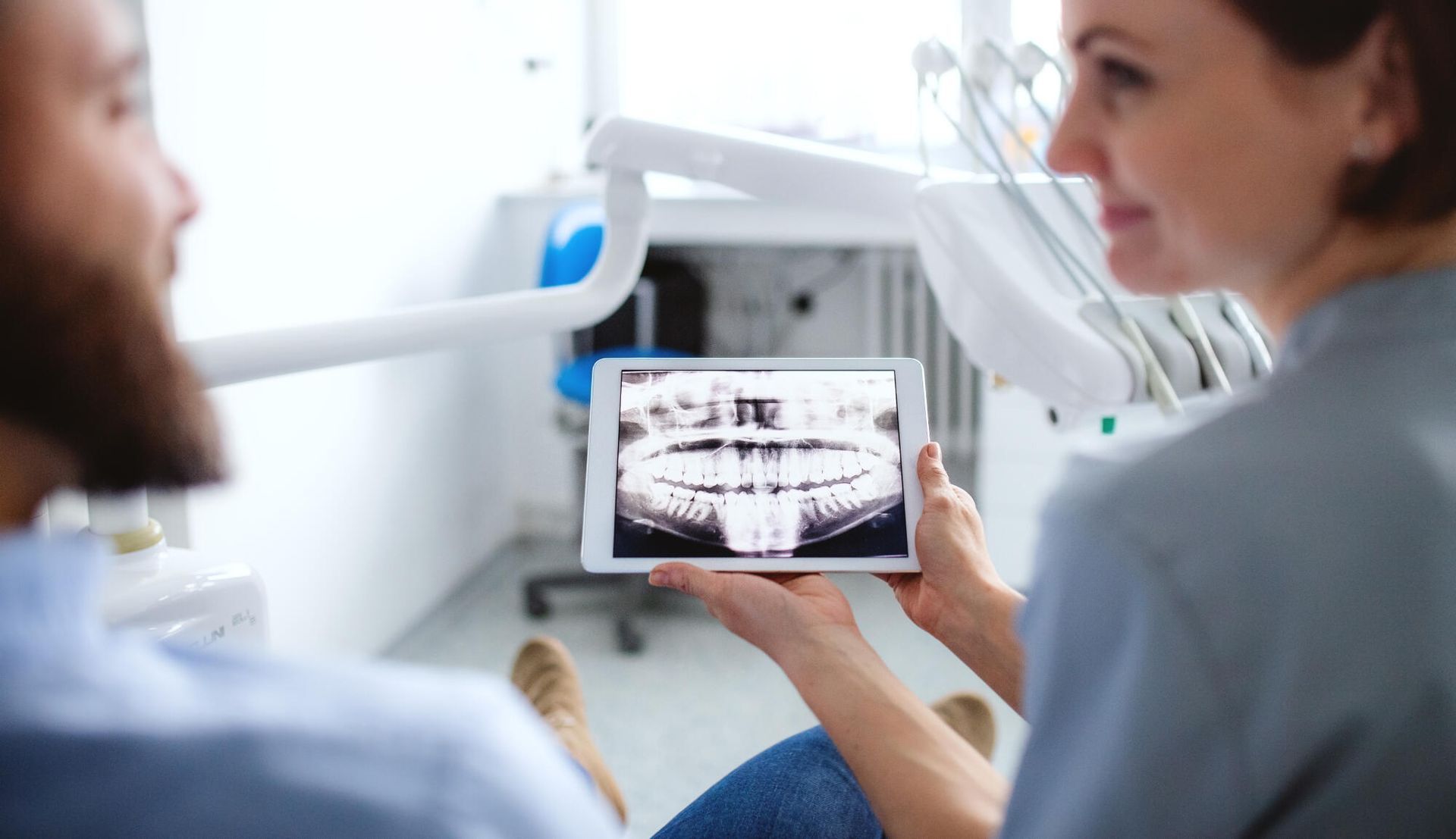Why You Shouldn't Ignore Missing Teeth
By age 50, the average American has lost about 12 teeth. Neglecting to replace missing teeth can change your oral health, overall health, and self-esteem. You could notice changes to your functionality, appearance, and more.
Restorative dentistry and new implants can improve your smile and health. About three million people already have dental implants.
Not sure if implant dentistry is right for you? Read on to discover why you shouldn't ignore your missing teeth!
Oral Health Risks
When a gap in your smile is left by a missing tooth, the surrounding teeth will shift. You may notice changes to your bite. Your teeth may lean toward the gap at awkward angles.
This can make it more difficult to brush and floss thoroughly, and you may leave food particles and bacteria behind.
Your saliva, food particles, and bacteria can mix together to form a film. This tacky film, plaque, can cling onto and between your teeth. The bacteria will continue to spread, and plaque will harden.
As plaque becomes tartar, it will begin to release acid. You can't remove tartar with your toothbrush. Instead, you'll need to visit your dentist for a thorough cleaning.
When left unattended, cavities can form. Tooth decay can cause sensitivity and pain.
You may develop a tooth abscess. If it becomes infected, it could enter the bloodstream and cause life-threatening complications.
Pus could develop around your infected tooth. The risk of chipping or breaking a tooth can increase as your teeth shift.
These problems can cause your oral health and overall health to deteriorate. Schedule routine appointments with your dentist. They can spot early signs of tooth decay and recommend a course of treatment.
Gum Disease
An open pocket left by a lost tooth can become an easy way for bacteria to enter your gums. This bacteria can increase your risk of gingivitis (gum disease). Symptoms of gum disease include:
- Tender, red, or swollen gums
- Foul-smelling breath that doesn't go away
- Loose teeth
- A change in your bite
- Pain when chewing
- Sensitive teeth
- Gums that bleed when you brush or floss
- Gums that pull away from your teeth
- Partial dentures no longer fitting
Visit your dentist right away if you experience these symptoms. They can treat your gingivitis while it's in its early stages.
Otherwise, it will progress to periodontitis. Periodontal disease can increase your risk of lung disease, stroke, heart disease, and diabetes.
Difficulty Eating
Remember, your teeth will start to shift toward a gap left by a missing tooth. Your teeth constantly apply pressure on each other, and they'll attempt to close the gap by moving out of alignment.
Misaligned teeth are more vulnerable to tooth decay. You may experience pain, difficulty chewing, or headaches.
An improper bite can increase your risk of damaging teeth when eating. Failing to chew thoroughly gives your digestive system more work. You may experience stomach aches and acid reflux.
If these problems sound familiar, consider Invisalign and implant dentistry. Invisalign uses clear, plastic aligners to straighten your teeth.
Once your teeth are in proper alignment, your dentist can fill the gap in your smile. They'll surgically insert new implants into your jawbone. This ensures stability (whereas dentures can shift when you eat).
You'll have an easier time chewing and digesting foods. Otherwise, one shifting tooth can cause a domino effect. Others will shift, further affecting your bite.
Bite irregularities can impact:
- Teeth
- Gums
- Head
- Neck
- Jaw muscles
- Jaw joint
An improper bite (malocclusion) can cause headaches, unnatural tooth wear, and muscle pain. You could experience tooth loss, TMDJ, and sensitivity. You may need full mouth restoration.
Speech Changes
Your teeth play a role in your speech. Large gaps between your teeth can make it more difficult to pronounce sounds and words.
You could start whistling or spitting when you speak. You may develop a lisp or slur your speech.
These problems could affect your self-esteem. You may start feeling less confident in social settings.
You can avoid these issues with implant dentistry. An implant will restore your smile and appearance. It will look and function like a natural tooth.
Experiencing the benefits of implants can restore your confidence. You can smile and speak without worry.
Bone Loss
Your teeth provide your jawbone with ongoing stimulation. After losing a tooth, your jawbone will start to recede and deteriorate.
New implants can provide your jaw with stimulation. The implants look like small titanium screws. Your dentist will insert the screw under your gum line and into your jawbone.
Over three to six months, osseointegration will occur. This allows the screw to fuse with the bone. The screw will provide maximum support and strength for a dental crown.
Otherwise, your jawbone will lose volume. Short-term solutions like dentures can make the problem worse. They'll rub against the bony ridge, causing wear and tear.
Talk to your dentist before bone loss occurs. With new implants, you can protect your jawbone and oral health.
Facial Sagging
When your jawbone lacks ongoing stimulation, facial sagging can occur. Your facial structure will deteriorate, changing your appearance.
You could develop wrinkles, and your lips and lower face may shrivel inward, making you look older than you really are.
Talk to your dentist about implant dentistry before you experience facial sagging. Implants will protect your jawbone and appearance.
They have a 97% success rate. They're the most advanced solution for replacing missing teeth.
Self-Confidence Issues
The above problems could cause you to develop self-confidence issues. If you're missing a tooth, you may feel self-conscious about your smile and stop smiling to hide the gap.
Smiling can boost serotonin production (a neurotransmitter that affects our mood). You may notice changes to your mood and overall well-being.
Implant dentistry will restore your smile and self-confidence. You can smile with the assurance that you look your best.
Replace Your Missing Teeth Today
Don't let your missing teeth affect your oral hygiene or quality of life. Instead, talk to your dentist about new implants. With restorative dentistry, you can look your best with the utmost confidence.
Our team at Central Dental Associates offers a wide range of dental experience and specialties. Enjoy our family-friendly atmosphere, state-of-the-art technology, and exceptional care.
We can restore your smile. Contact us today to schedule your appointment.


